Portland Protests: What Makes Them Different
Hundreds of protests have been held across the country in the wake of George Floyd’s murder in May. Yet in one city, Portland, Oregon, the demonstrations feel different. What started out as a protest against police brutality has now become an intense standoff with the federal government’s physical response. Even so, the city seems like an unlikely home to such vehement unrest; it is not particularly diverse in its population. 71% of the city’s inhabitants are white. So why Portland?
Sophia Green, a junior at St. Mary’s Academy in Portland, shares what has been happening in her city. “The protests started out as Black Lives Matter gatherings and have continued for over 60 nights,” she says. The demonstrations Green describes have been taking place in downtown Portland, where she goes to school. She notes how the neighborhood has changed because of the protests. “There are beautiful murals, graffiti, and works of art honoring George Floyd, Breonna Taylor, and other black victims of police violence.” She also plans to attend a smaller scale protest herself. “I will be driving down a less busy street and will see a small congregation of peaceful protesters.” These protests are not just limited to the city’s center; there are nonviolent demonstrations happening everywhere. In Green’s opinion, there is one thing that makes the Portland protests different: the resilience of the demonstrators. She says, “Even with the COVID-19 pandemic, the amount of people that show up for protests is incredible… protests in Portland have been happening since the end of May.”
“Because Portland has a predominantly white population, I was surprised to hear that it has become a hotspot for the Black Lives Matter protests,” Anna Hynes, a sophomore at Latin, says. Although the city is considered homogenous by some, Hynes points out Portland’s historical racism. “I think the city’s history of racism is responsible for this uprising, separating it from other cities.” Portland is now known for its progressivism, but this has not always been the case. As far back as 1857, Oregon’s constitution banned black people from entering the state, an exclusion law many feel is the reason for the state’s lack of diversity today. Furthermore, into the twentieth century, the presence of the Ku Klux Klan only intensified racial discrimination. This is all to say that racism is not a new development in Portland, and it is likely that the current climate surrounding race relations has urged Portlanders to finally right the wrongs of their city’s racist past.
Sofia Presser, a junior at Latin, echoes Green’s answer to the “Why Portland” question. She says, “I believe that these protests are different because they have been happening for so long.” Presser argues that there is power in dedication and in activism. By continuously taking to the streets in an effort to act, the Portlanders have made themselves and their goals known to the entire nation. “They have reached such a large audience, which has generated many supporters around the country,” she adds. Even as their activism was met with a shadow cast by federal agents, the demonstrators persisted in their efforts, and the nation did not ignore them.
Green emphasizes what the country can take away from her city’s protests. She says, “I think the country can learn to educate themselves, not only about what is happening in Portland, but what is happening to people who are not treated equally all over the world.” Similarly, Presser proposes how the Latin community can learn from Portland. “Latin students can take away the resilience that these demonstrators have… and their ability to speak their minds regardless of what obstacles the government has put in front of them.” Hynes also connects the happenings in Oregon to those within the Latin community. “Latin, like Portland, is a predominantly white community,” she says, “despite—and because of—this fact, we need to join the movement of Black Lives Matter, just like Portland did.”

Nina Burik ('22) is a senior at Latin and is looking forward to serving as Standards Editor this year. In her time on The Forum staff, she has covered...


















































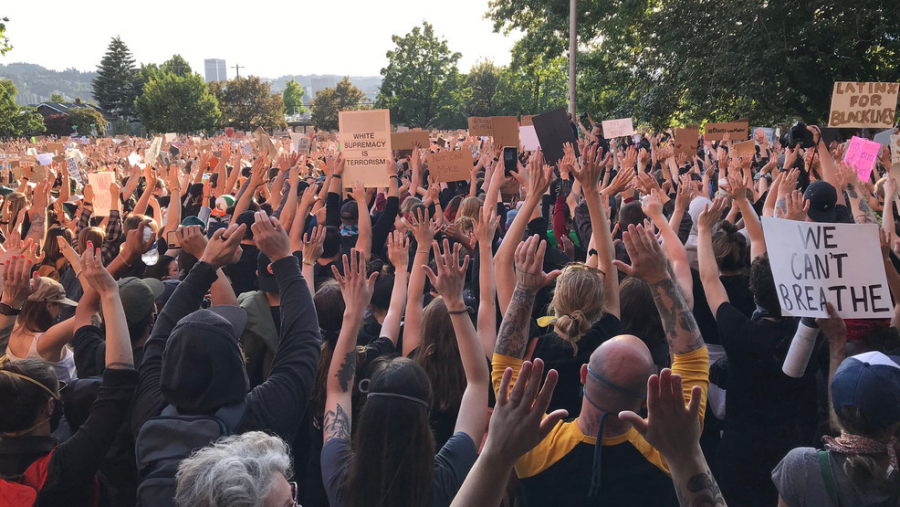


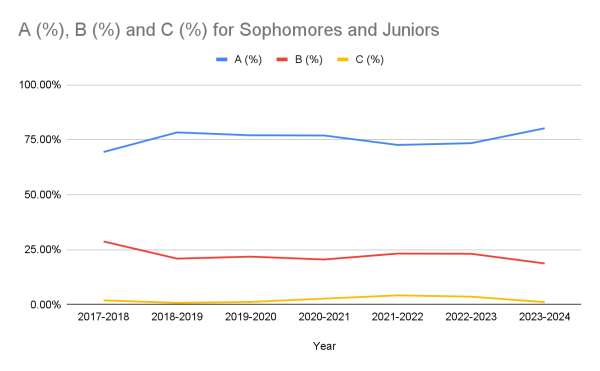




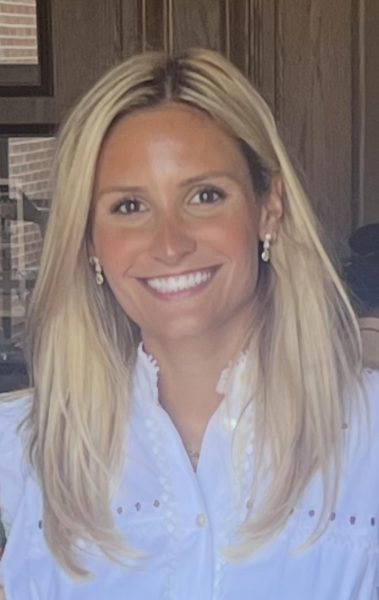
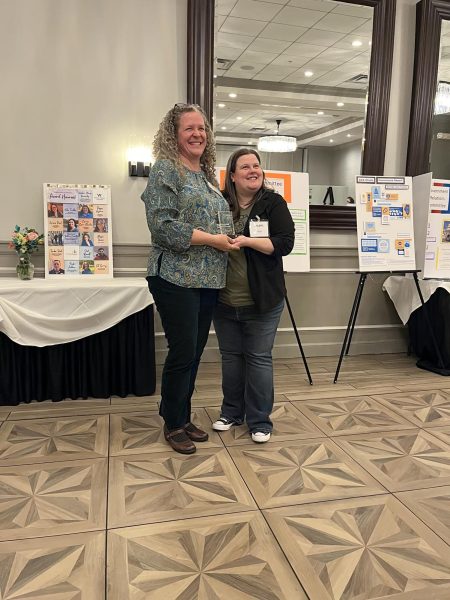
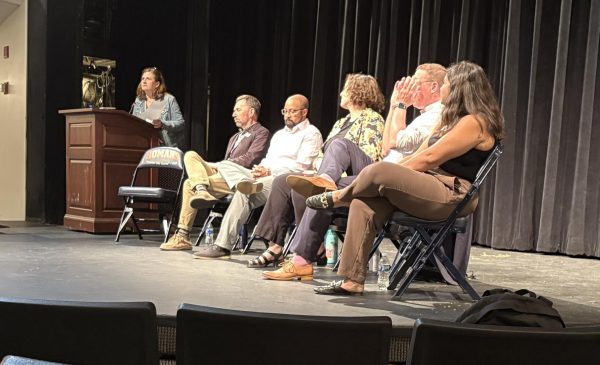

Robert Igbokwe • Aug 20, 2020 at 8:35 am
Great job on this article, Nina! The protests in Portland are certainly an unexpected development in the Black Lives Matter Movement. It seems another reminder that our nation is in a moment of reckoning, and the decisions we make as a nation and as individuals will shape our future for decades to come. Hopefully, we make the right ones.